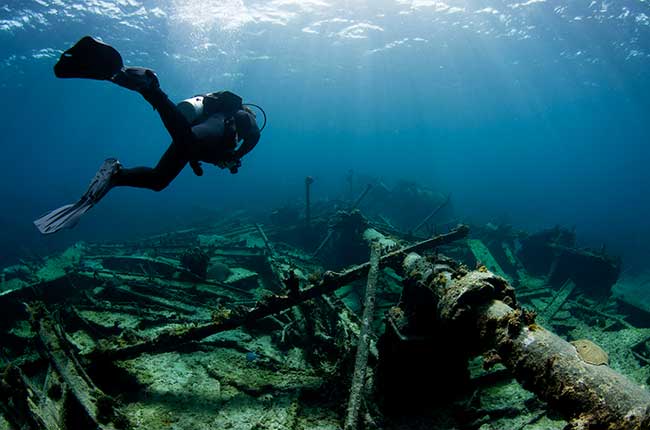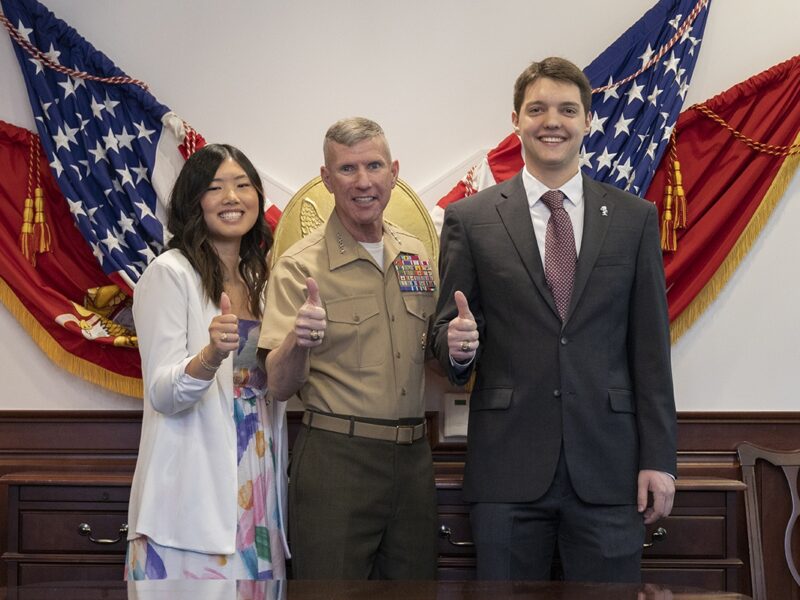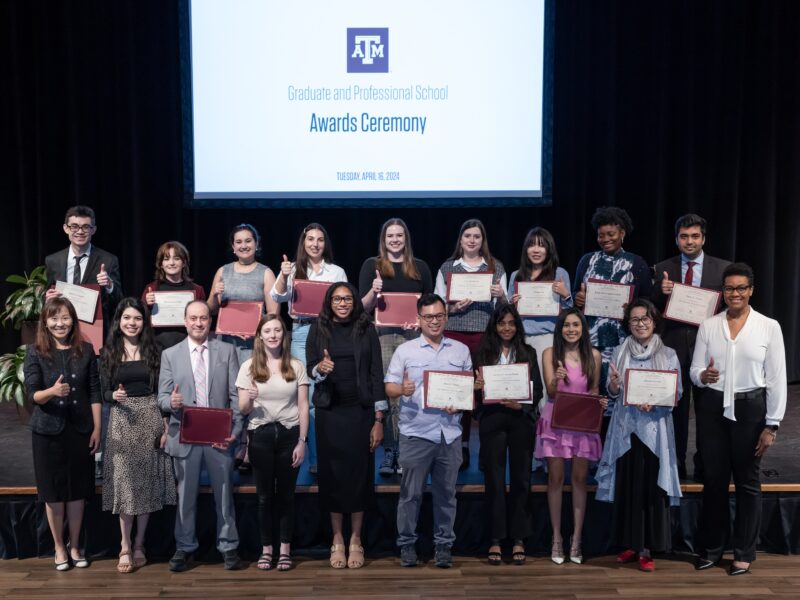When it comes to great discoveries, George Bass, Texas A&M University professor emeritus and pioneer of nautical archaeology, is no fish out of water.
That’s why Time magazine has recognized him in its recent special edition, “Great Scientists,” ranking him among the likes of Sir Isaac Newton, Albert Einstein and Galileo Galilei.
“I wasn’t even aware that I was in it until someone else mentioned it to me,” Bass said. “When I saw who else they mentioned, I thought it was extraordinary, especially since I don’t think of myself in that way.”
Time magazine apparently disagrees, just as Bass’s colleagues, students and contemporaries in his field likely do. As an archaeology doctoral student at the University of Pennsylvania, he revolutionized the science of underwater excavation. The year was 1960, and he was asked to direct an excavation of a Bronze Age ship off the coast of Turkey.
“Someone asked if I’d like to learn to dive, so I took part in a YMCA diving course,” he said. “It was the first time a ship has been entirely excavated on the sea bed … previously, archaeologists just sat on the deck and took what the divers handed to them.”
His experimental dig established a new field of study: nautical archaeology.
In 1972, Bass founded the Institute of Nautical Archaeology (INA) in Philadelphia, which holds the distinction of being the world’s oldest organization devoted to the study of humanity’s interaction with the sea through the practice of archaeology. Four years later, Texas A&M invited him to bring the institute to College Station, where he also established a graduate department in the field.
Since its inception, INA has conducted some of the most important excavations of the 20th century, shedding light on a variety of areas such as the beginning of the free enterprise system and the histories of technology, music, art and religion. The graduate program also has produced some of the world’s top scientists who have gone on to teach and organize similar programs at other institutions.
“Not only have we and our students excavated shipwrecks all over the world but now universities in more than a dozen foreign countries offer degrees in our branch of science,” Bass said. “Without the foresight of Texas A&M, none of that would have happened. … Coming to Texas A&M had an awful lot to do with me receiving this honor.”
Bass turned over the directorship of the institute in 2000, but his legacy continues to make waves through his students and INA. He has shown the world that there is much to learn about the past in the mysterious fathoms below.
“Archaeology is the study of the past through physical remains,” he said. “If people enjoy learning something new about the past by looking at these remains we’ve brought up … well, that just makes us more human.”
###
Media contact: Heather Rodriguez at 979-845-6061 or hrodriguez@tamu.edu, or Elena Watts at 979-458-8412 or elenaw@tamu.edu






